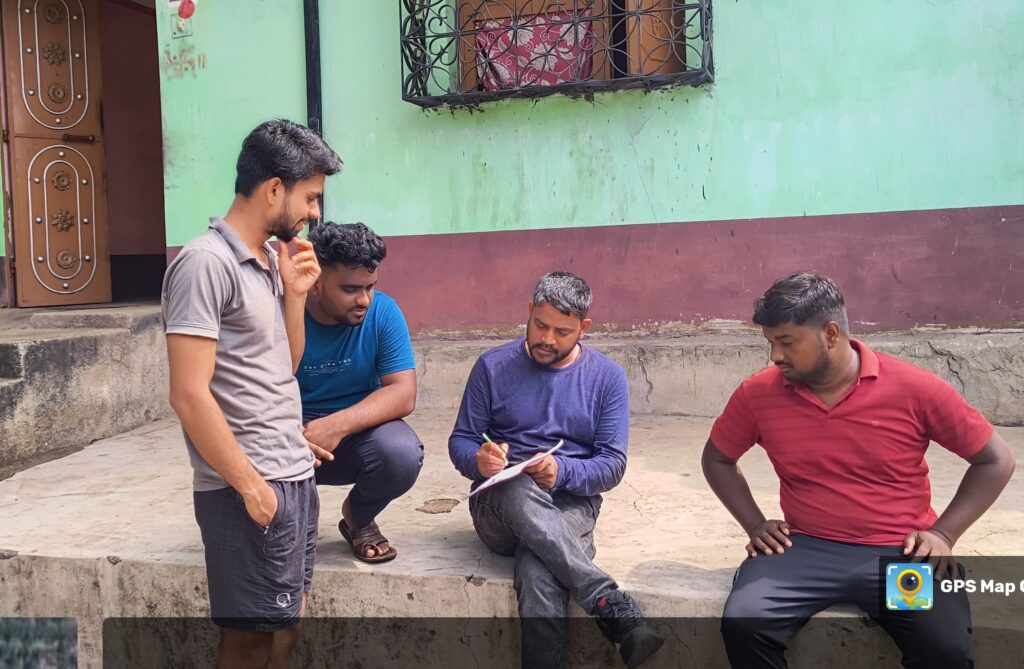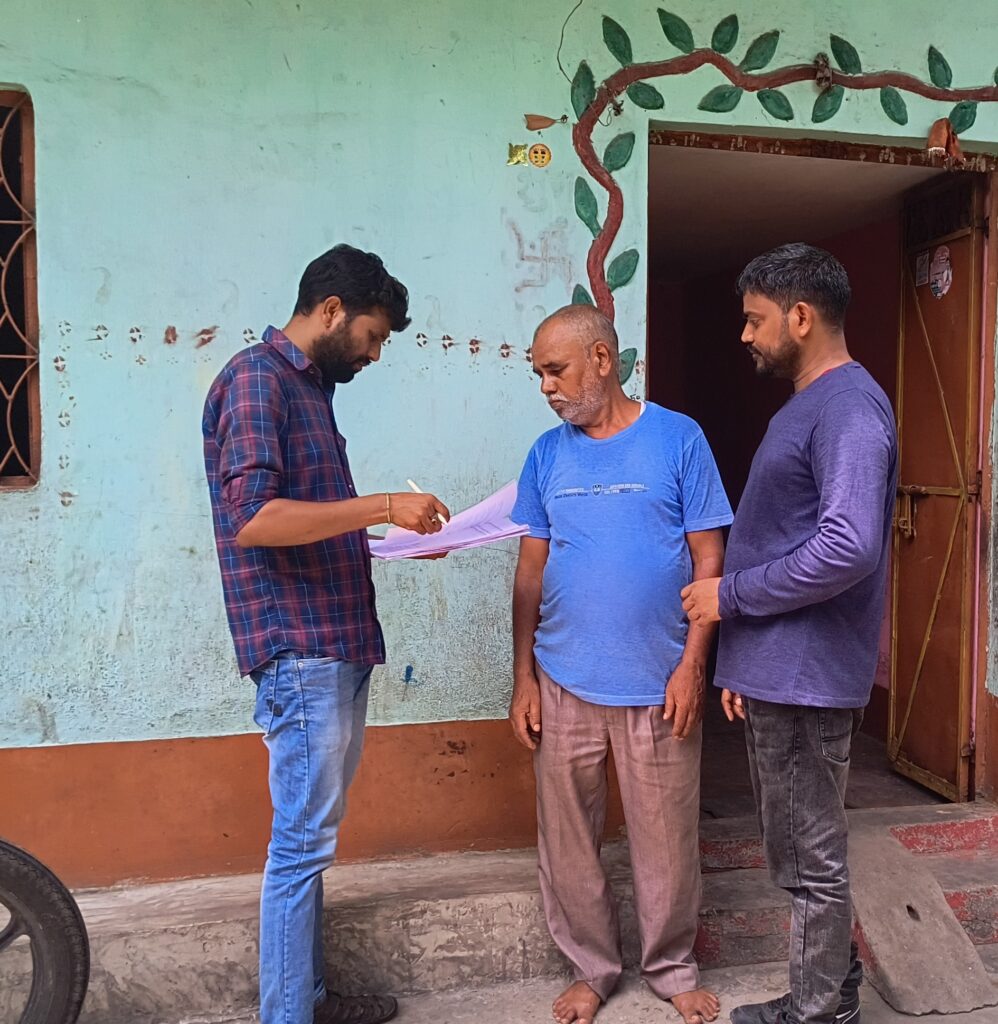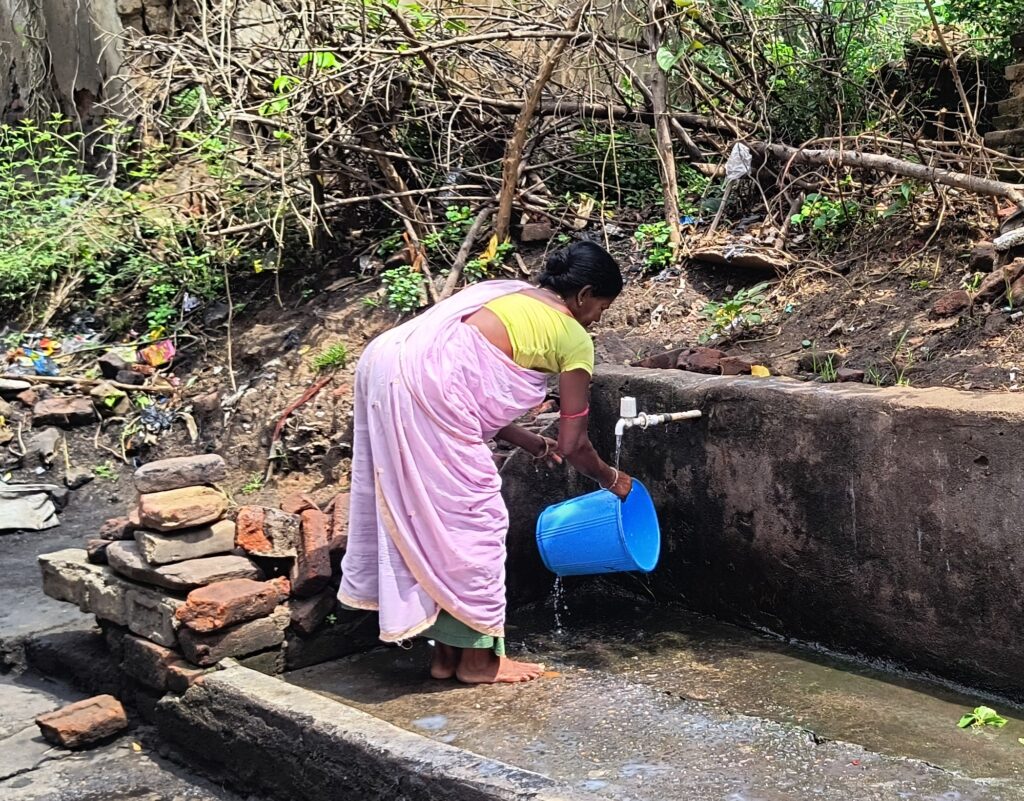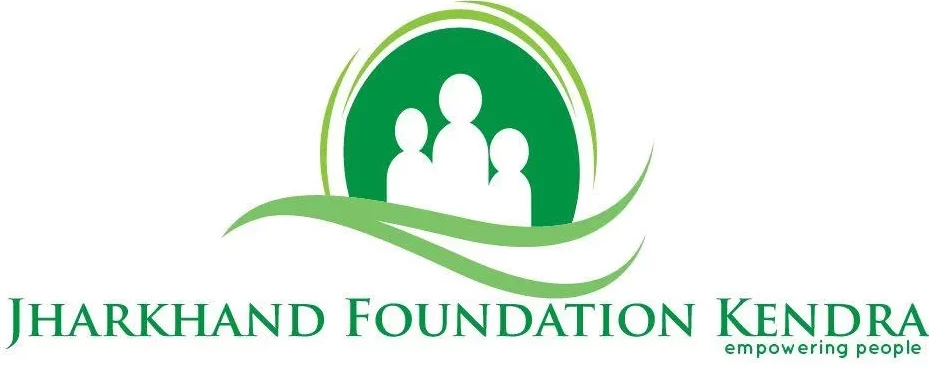The Moonidih project, initiated in 1964 with Polish collaboration, is one of the deepest underground coal mines in the country. Due to the deep mining zone, this region has abundant water availability. Despite having sufficient water storage (up to 400m depth) in the non-operating mine shafts, the community lacks access to safe, treated drinking water. Residents of villages located near this coal mining region face severe drinking water challenges. In this regard, one survey was conducted by Jharkhand Foundation Kendra, Bokaro, to assess the drinking water challenges faced by communities in and around the Pathardih village of Moonidih coal mining area. The objective was to gather first-hand information on the health and social impact of consuming poor-quality water, with the aim of designing a sustainable, community-oriented water purification project under the CSR activities of BCCL. In order to execute this survey, a questionnaire was designed based on local issues, and a survey was subsequently conducted. The key findings from the survey are summarized below
Water quality and health Concerns
Water was supplied only once every three days, leading to an acute shortage, and during the rainy season, the water turned red in color.
Borewell water showed high iron concentration, making it unsuitable for drinking and causing a metallic taste and staining.
Complaints of itching and skin irritation during bathing were common.
Many villagers reported cases of stomach infections, skin diseases, and hair loss, which they attributed to the poor water quality.
Women expressed concern over using contaminated water for cooking and washing utensils, which further risked their families’ health.
Dependency for drinking and Economic Burden
Villagers had to rely heavily on bottled water (sold at ₹20–₹30l per bottle) or water tankers, often sold at high prices by private contractors.
On average, each household spent ₹300–₹500 per month on drinking water, a significant expense for low-income mining families.
Healthcare costs due to waterborne diseases further strained their finances.





